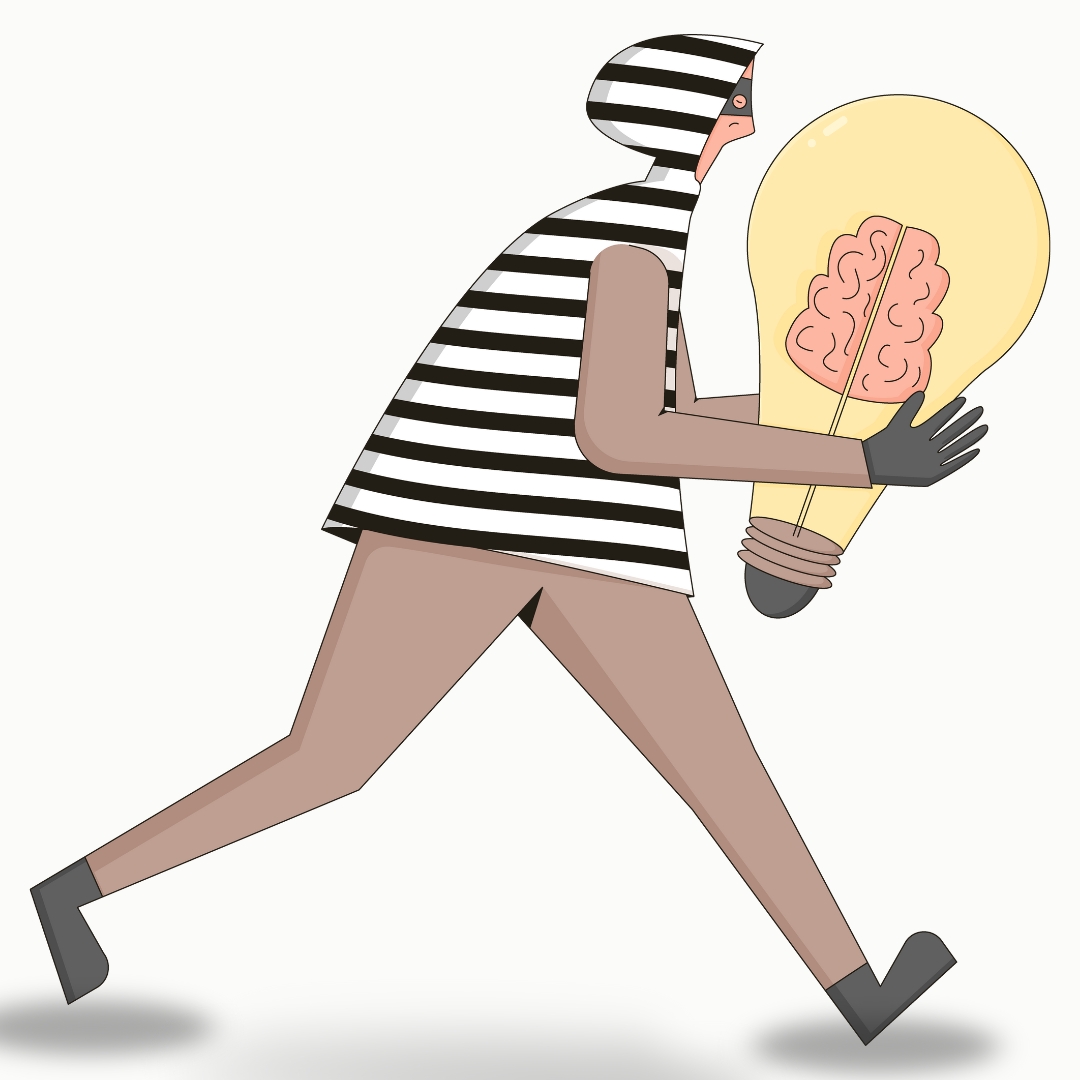Spoiler: It’s the reason your college prof had trust issues.
Picture this: You spend hours writing the perfect article, only to find a suspiciously similar version floating online… with someone else’s name on it. That, dear reader, is plagiarism—a fancy word for “Hey, I just stole your stuff and called it mine!”
Enter our superhero: the plagiarism checker. Think of it as a digital lie detector for content. It scans your writing, side-eyes the internet, and says, “Ahem… someone’s been copy-pasting again.”
But wait—why does plagiarism even matter? Because Google doesn’t like cheaters. And neither do readers. Plagiarised content affects your SEO rankings, credibility, and let’s face it, your soul. Not using a plagiarism checker is like going on a road trip without checking your fuel tank. Sure, you might make it, but don’t be surprised if you stall halfway.
Now, let’s bust a myth: “I changed a few words. It’s original now!” Nope. If your content smells even slightly recycled, the plagiarism checker will catch it faster than your mom sniffing out lies in your teenage years.
Still think it’s not a big deal? Ask every college student who’s faced the wrath of Turnitin. Or every marketer whose blog magically appeared—with someone else’s bio. Ouch.
Originality isn’t just noble—it’s necessary. Unique content builds trust, ranks better, and actually gives your brand a voice (instead of sounding like a stitched-up Frankenstein of 10 blogs). A good plagiarism checker isn’t just about playing it safe—it’s about standing tall and saying, “Yep, this brain did that.”
So next time you write, edit, or even ghostwrite, make a deal with yourself: Use a plagiarism checker. It doesn’t judge. It just saves you from embarrassment, lawsuits, or a sudden identity crisis. And hey, wouldn’t you rather be celebrated for your own bad jokes and brilliant ideas?
In a world full of copycats, be the quirky original. Or at least use a plagiarism checker and pretend convincingly.


